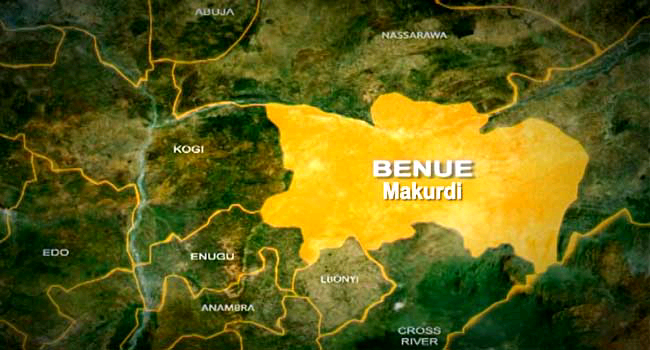Civil War Wounds Still Fresh After Six Decades, Abuja Lawyer Warns Against Nepal-Style Revolution

An Abuja-based legal practitioner, Stan Alieke, has cautioned Nigerians against attempting to replicate the revolutionary movement that swept through Nepal, stressing that the scars of the Nigerian Civil War are still visible more than sixty years after its end.
Alieke, in a statement made available to journalists on Saturday, noted that Nigeria’s fragile unity and unresolved historical grievances make the country unsuitable for violent revolutions. He pointed out that the Igbo people of the South-East are yet to fully recover from the devastation of the 1967–1970 civil war, which left millions displaced, impoverished, and marginalized.
“The consequences of violent uprisings are often underestimated. More than six decades after the civil war, the Igbo nation is still grappling with the economic, political, and social aftershocks. Nigeria cannot afford another catastrophe of that magnitude,” the lawyer warned.
He urged Nigerians, particularly the youth, to pursue dialogue, democratic reforms, and civic engagement rather than violent resistance, stressing that copying foreign models of revolution without understanding Nigeria’s unique historical and ethnic complexities would be disastrous.
According to Alieke, lessons from Nepal’s revolution may inspire calls for justice and accountability, but the path of armed resistance is dangerous for a diverse nation like Nigeria.
“Nigeria’s strength lies in its ability to resolve conflicts through dialogue and restructuring rather than bloodshed. Our future must not be mortgaged to violence,” he added.
The lawyer further called on the Federal Government to prioritize reconciliation, economic inclusion, and good governance as a way of healing old wounds and preventing agitation from degenerating into chaos.









